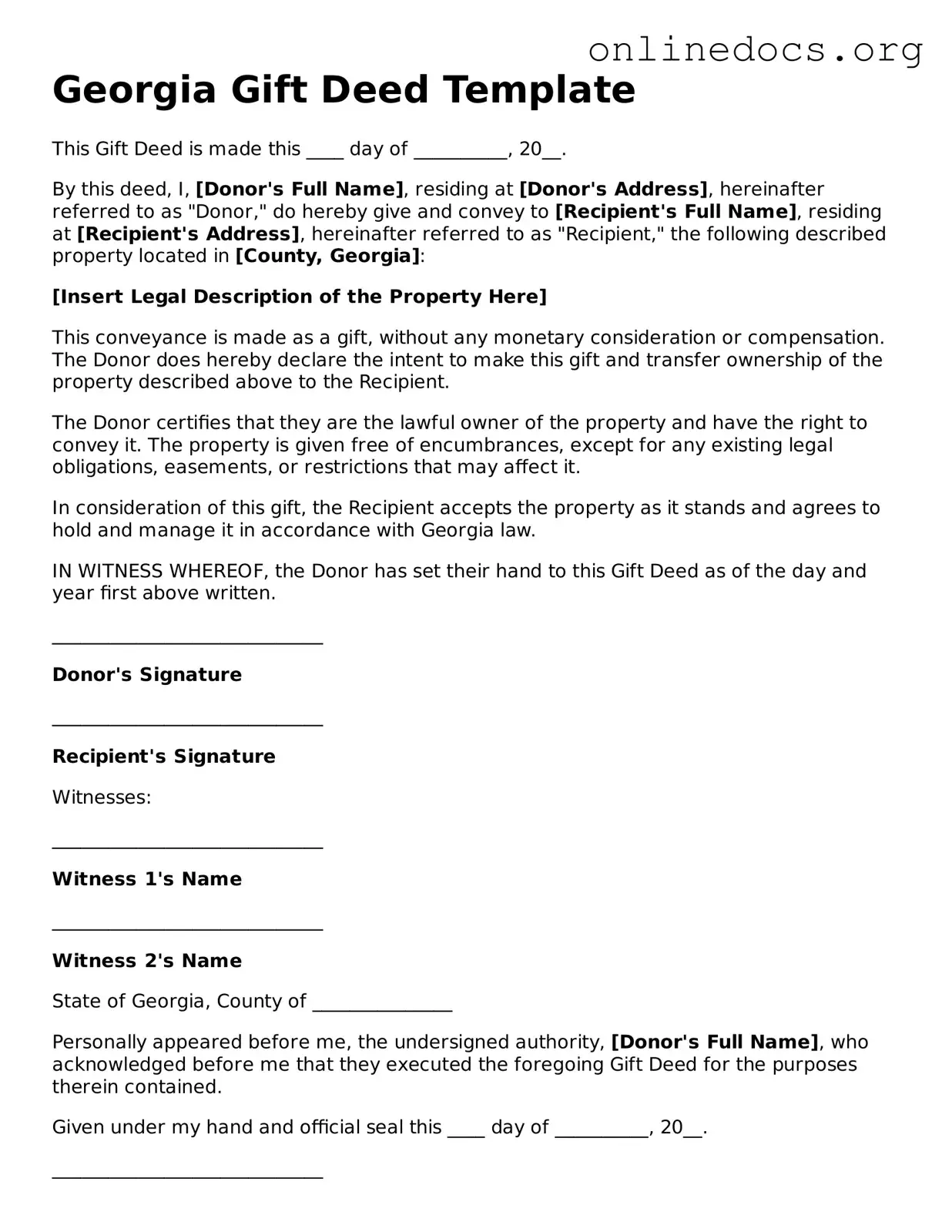A warranty deed serves as a common document used in real estate transactions. It guarantees that the seller has clear title to the property and the right to sell it. Like a gift deed, a warranty deed transfers ownership of property, but it typically involves a sale rather than a gift. The warranty deed provides assurances to the buyer regarding the property's condition and legal status, making it a more comprehensive document than a gift deed.
A quitclaim deed is another document that bears similarities to a gift deed. It transfers ownership interest in a property without any guarantees about the title. While a gift deed explicitly indicates that the transfer is a gift, a quitclaim deed does not specify the nature of the transaction. This makes quitclaim deeds useful for transferring property between family members or in divorce settlements, much like a gift deed does in familial contexts.
In any real estate transaction, understanding the necessary documentation is critical for both parties involved. A similar situation arises with the California Notice to Quit form, which serves as an essential tool for landlords, highlighting the importance of formally notifying tenants of eviction. For further details and to access a template for this legal document, you can visit https://californiapdfforms.com/notice-to-quit-form.
A bargain and sale deed is another document that shares characteristics with a gift deed. This type of deed conveys property without any warranties regarding the title. While a gift deed is given without consideration, a bargain and sale deed often implies that some form of value is exchanged, though it may not be monetary. Both documents serve to transfer property ownership, but the bargain and sale deed suggests a transaction rather than a gift.
A revocable living trust can also be likened to a gift deed in terms of property transfer. This legal arrangement allows individuals to place assets into a trust during their lifetime, and they can designate beneficiaries to receive those assets upon their death. While a gift deed transfers ownership immediately, a living trust allows the grantor to maintain control over the property until death, offering flexibility that a gift deed does not.
Power of attorney documents can be similar to gift deeds when they involve property transfers. A power of attorney allows one person to act on behalf of another in legal or financial matters, including the transfer of property. When a gift deed is executed under a power of attorney, the agent can facilitate the transfer as a gift. However, the power of attorney itself does not transfer ownership; it merely grants authority to act on behalf of another.
Finally, a lease agreement can be seen as somewhat analogous to a gift deed in specific contexts. A lease allows one party to use property owned by another for a specified period in exchange for payment. In some cases, property owners may lease their property for free, effectively gifting the use of the property to the lessee. While a lease agreement does not transfer ownership like a gift deed, it can create a temporary arrangement that resembles the spirit of gifting.
